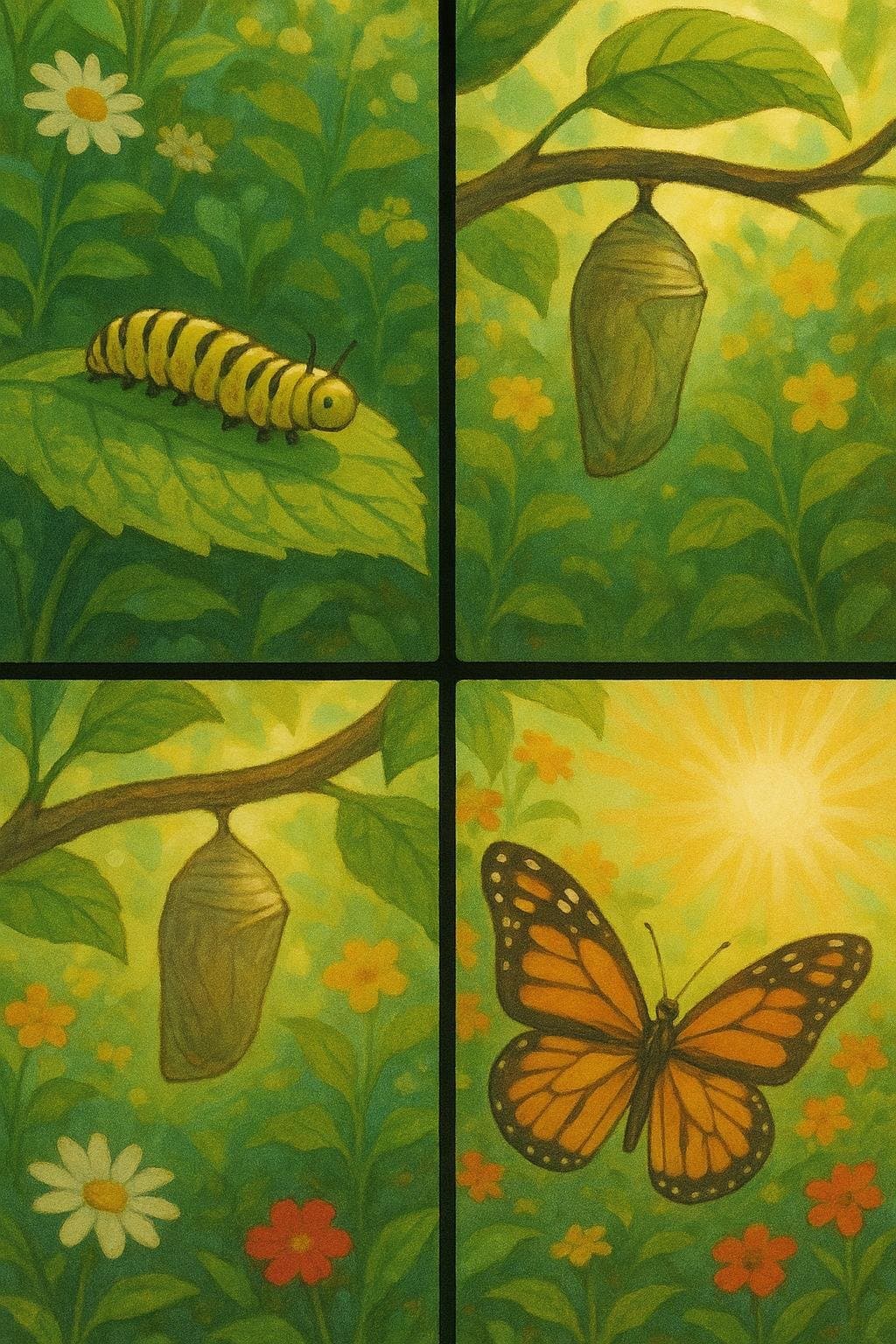Freedom as the Gateway to Unexpected Transformation

Freedom means the opportunity to be what we never thought we would be. — Daniel J. Boorstin
Embracing the Surprise of Self-Discovery
Daniel J. Boorstin’s insight reframes freedom as more than simple autonomy; it is the space where unforeseen possibilities for self-realization emerge. He suggests that true freedom lies not just in doing as we wish, but in encountering dimensions of ourselves previously unimaginable. This understanding invites us to see liberation as a process that continually reshapes our identity.
Historical Reflections on Unanticipated Potential
Looking through history, periods of great societal freedom have often sparked bursts of creativity and transformation. The Renaissance, for example, unleashed talents and ideas in individuals—from artists like Leonardo da Vinci to explorers like Christopher Columbus—who exceeded what their origins or society might have predicted. This illustrates Boorstin’s thesis: freedom cultivates fertile ground for the unexpected to flourish.
Literary Examples of Redefining the Self
Literature abounds with stories of characters who, when granted freedom, discover abilities or purposes once unimaginable. Consider Viktor Frankl in 'Man's Search for Meaning' (1946), who found profound psychological freedom amid physical captivity, or Jane Eyre in Charlotte Brontë’s novel (1847), who continually surprises herself by acting against convention. These tales reflect the exhilarating unpredictability that Boorstin associates with freedom.
Psychological Growth Beyond Limits
On a psychological level, studies in positive psychology emphasize how environments of freedom encourage individuals to transcend self-imposed boundaries. Carl Rogers, a leading humanistic psychologist, posited that when people experience acceptance and autonomy, they naturally move toward self-actualization—often realizing talents, passions, or resilience that were previously dormant or unrecognized.
Encouraging Openness to the Unknown
Ultimately, Boorstin’s perspective challenges us to remain open to change—not just in our external circumstances, but within ourselves. Freedom, according to this view, is a catalyst for evolving into the unforeseen. By embracing new opportunities, even those we never anticipated, we honor both the unpredictability and the richness inherent in a truly free life.